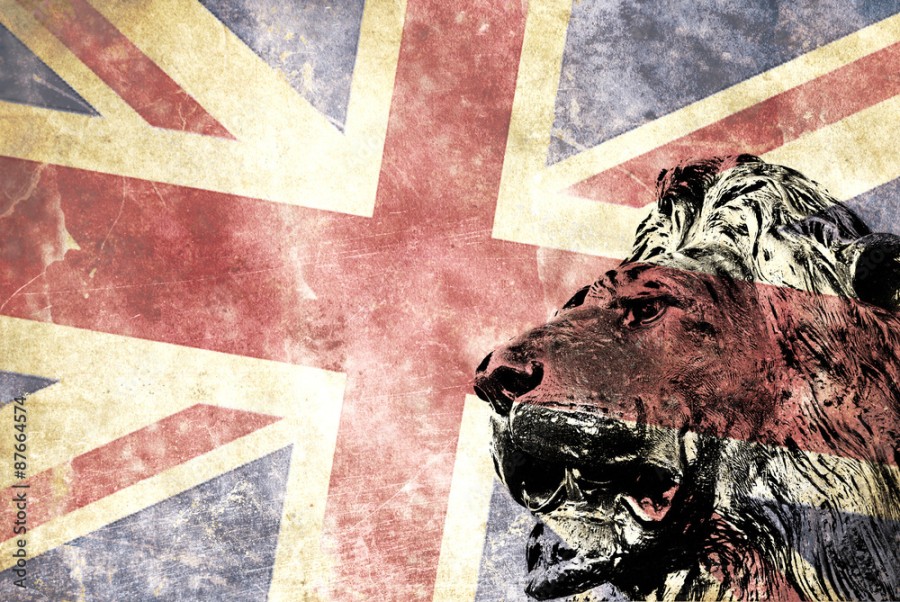Você sabe a diferença entre o inglês britânico e o inglês americano? Um dilema comum é qual variação do idioma escolher. Os mais populares são: americano e britânico, mas há mais variações: australiano, canadense, irlandês, entre vários outros países que têm o inglês como idioma oficial.
A estrutura da língua não muda, as regras gramaticais continuam, mas de acordo com o “tipo” de inglês que você deseja estudar, será necessário fazer adaptações, principalmente nas expressões e sotaques.
Neste artigo vamos estudar mais a fundo as principais expressões do inglês americano e britânico, que são os mais discutidos entre os alunos durante as aulas, porque são os mais presentes em séries, filmes e na maioria dos conteúdos gramaticais que são vendidos nas instituições de idiomas e também nos materiais didáticos que estão disponíveis no mercado.
Inglês americano
Sem sombra de dúvidas o inglês americano é o que tem mais impacto na América Latina, e por uma questão muito simples: geografia. Como os Estados Unidos está na América, o país vai exercer mais influência, bem mais que o Canadá, que não faz divisa com países latinos. Isso faz com que o inglês dos EUA, que é vizinho do México, seja mais popular.
Uma prova da popularidade americana é o conteúdo que é consumido, a maioria dos jovens brasileiros sabem como as escolas americanas funcionam e conhecem várias cerimônias, por exemplo, baile de formatura, que é diferente do estilo brasileiro. Por causa do constante consumo de conteúdo americano, algumas expressões se tornaram muito famosas, por exemplo: What’s Up?. É uma expressão muito informal e só deve ser usada entre amigos.

My bad, também é muito conhecida, é uma maneira de pedir desculpas de um jeito informal, é usada geralmente entre amigos ou pessoas que têm um grande nível de intimidade. Hang Out, é outra expressão utilizada entre amigos, significa sair e se divertir, passar um tempo junto “Let’s hang out”. Todas as expressões informais são muito conhecidas em séries e filmes, principalmente se forem destinados ao público jovem.
I got it or I got you/I gotchu, é outro jeito de dizer I understand/I understood e também pode ser usado I feel you. São maneiras populares e informais de dizer que uma informação foi compreendida ou que você entende o que a pessoa quer te dizer: “I feel so bad when I’m late for my appointments“, “I gotchu“.
Inglês britânico
O inglês britânico, chamado por algumas pessoas de inglês clássico, tem mais poder de influência na Europa, pelos mesmos motivos que o inglês americano tem mais influência na América: geografia. Mas mesmo em outros continentes, o inglês britânico é muito popular, porque foi a base ou o primeiro contato que outros países tiveram com o idioma. E o fato da família real mais famosa do mundo falar inglês britânico também é um fator de extrema importância.
Mas muitas pessoas tiveram contato com o inglês britânico não pela família real, mas por Harry Potter, o núcleo dos atores e atrizes foi constituído quase exclusivamente por ingleses ou artistas que nasceram no Reino Unido, então algumas expressões como Bloody Hell se tornaram populares. Mas Bloody pode ser usada sozinha, serve exclusivamente para dar ênfase em alguma coisa ou mostrar surpresa.

Oi também se tornou muito popular, mas não por ser estranha ou diferente, mas por se assemelhar muito ao cumprimento em português. No entanto, usar essa expressão na Inglaterra e em outros países do Reino Unido não significa algo muito legal. Oi é uma maneira rude de chamar a atenção de alguém ou para anunciar algo com os amigos, geralmente em um tom de euforia. Não deve ser usado com idosos ou outras pessoas no local de trabalho.